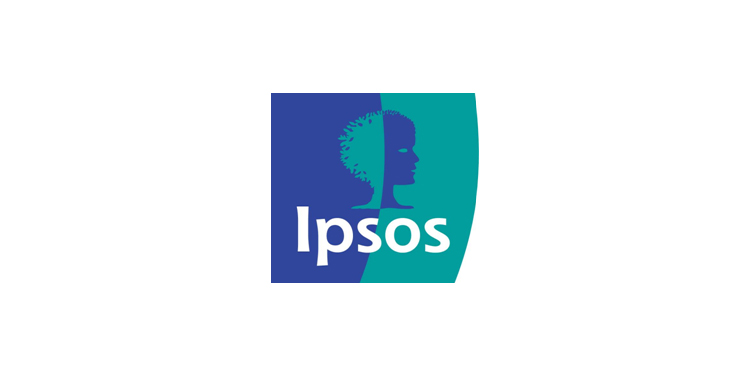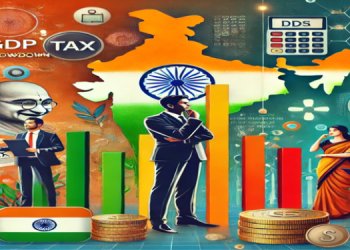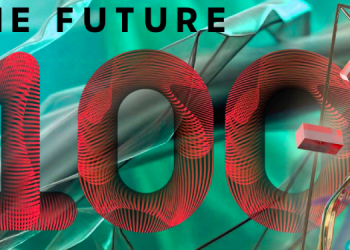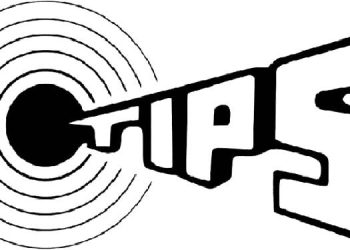New Delhi: The WEF-Ipsos 28- country Survey on UN Sustainable Development Goals 2021, capturing public opinion on priorities and stakeholders’ commitment shows that urban Indians have ranked top 3 SDG goals of Zero Hunger (SGD2), Good Health & Wellbeing (SDG3) and No Poverty (SDG1) and Gender Equality (SDG5) to be prioritized for India, in 2021.
Global citizens’ top three priorities of SDGs for 2021 were, Zero Hunger (SDG2), No Poverty (SDG1) and Good Health and well-being (SDG3).

“The pandemic and lockdowns have largely impacted livelihoods – the top three goals only support tiding over the rough patch – of ensuring people are fed, financially supported and stepping up the healthcare infrastructure, providing treatment and vaccination. Government has also geared its focus on these three areas, until the virus is contained. Though for a country like India where majority are steeped in poverty, these are longterm goals. Gender Equality too has been identified a key area of focus by netizens. With WFH/ job losses/ kids at home/ health issues etc. there is more pressure on women post pandemic. So, gender equality has become more salient in India. The impact is seen to be more in India as compared to other countries. A comparison with similar ranking done in 2019 shows that long term impact SDG goals such as sustainable consumption, sustainable economic growth and sustainable use of natural resources have been over-shadowed by immediate sustenance related goals such as zero hunger and health & wellbeing, clearly as a result of the pandemic playing on people’s mind,” said Amit Adarkar, CEO, Ipsos India.
Looking at the global priority ranking based on the average ranking of all 16 goals in the 28 countries surveyed,it is baffling to see urban Indians ranking Decent work and economic growth (SDG 8) and Responsible Production and Consumption (SDG12) way low in pecking order, at 13th position. And Affordable and Clean Air (SDG 7)is ranked 16th (last) in Urban Indians’ list of priorities.
“Urban Indians are prioritizing immediate impact issues over long-term impact issues,” explained Adarkar.
SDG achievement,Tardy?
The survey further shows significant levels of disgruntlement among urban Indians on how the SDG Goals are being implemented by stakeholders – 44% feel the govt is doing less than its share of responsibility; 34% feel most people are contributing less and 32% feel businesses are not shouldering their fair share of responsibility in achieving the goals.
“Circa 2021, promised to be a better year than 2020, but with the second wave and the spread of infections, it has all been about staying afloat and surviving. As the top SDG goals in focus for 2021 are quite linked to the COVID19 peak and recovery, more efforts are needed to support the informal sector where means of livelihood have been significantly impacted. As informal sector employs more than 75% of the workforce, its revival is critical to put long term SDG agenda back on the track,” adds Adarkar.
Global citizens too have similar angst with govt (53%), businesses (42%), and most people (40%) – feeling, these goals need expediency.
In 2015 global leaders agreed to 17 goals for a better world by 2030. They are referred to as the United Nations Sustainable Development Goals. They engage govts, private sector, civil society and citizens to achieve a better and more sustainable future for all.

















